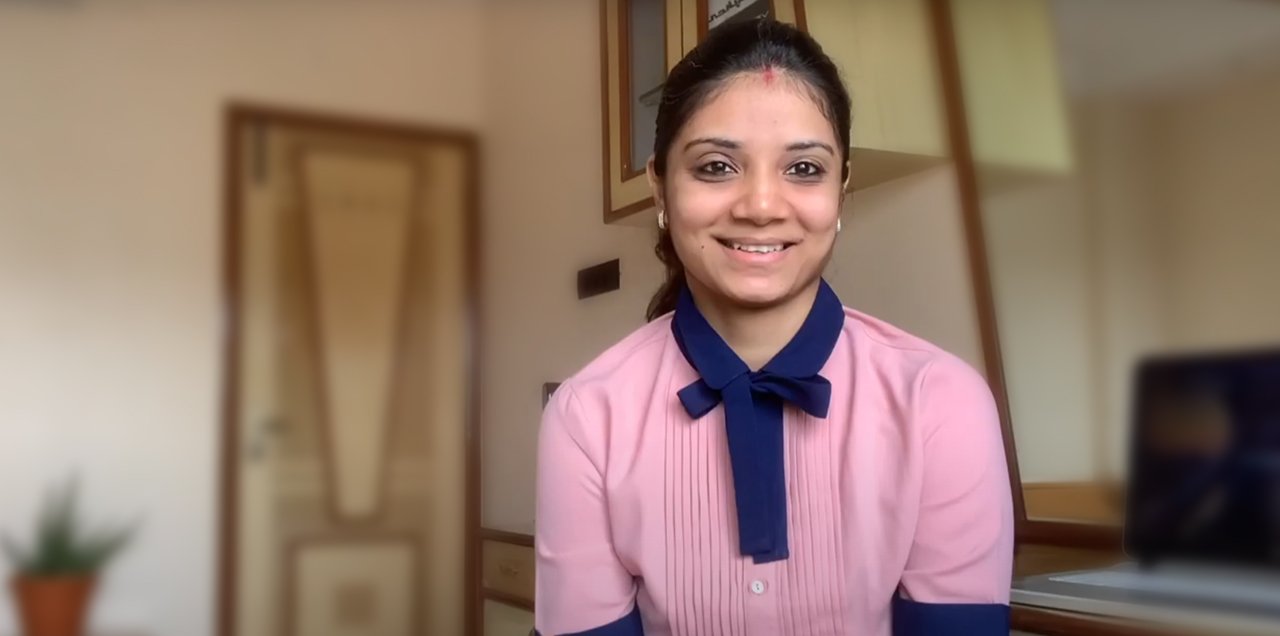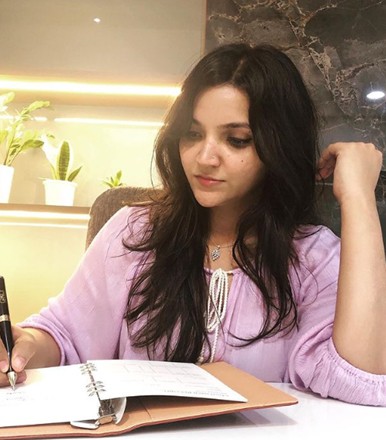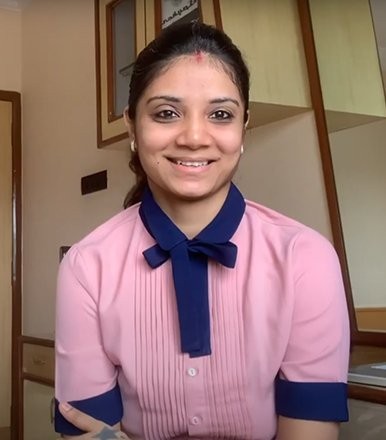Imagine a long shrill “aaaaaaaaaaaaaaahhhhhhhhhhh” in the voice of a three year old when you take away her favourite toy, or a five-year-old throwing a bowl or something because he is angry!
Just like adults, kids too get angry, and it is our job as an adult to help and teach them anger management.
So, it was decided to dedicate this article our Child Psychologist Lehar Nahar guide the parents with their beautiful little balls of fire and educate them on anger management.
1. Instead of telling them directly use indirect ways:-
For e.g, if your child throws tantrums or shows his anger in front of some guests or friends, instead of ordering him to stop, explain to him that such behaviour is not appreciated and makes you upset.
2. Avoid talking in a louder voice with your partner or anyone in front of your child:-
We as human beings face many emotions like anger, rage, frustration, annoyance, etc. But one must make sure that your children are not around when you express such emotions, for they might not respond to it immediately, but their subconscious mind may catch it, which may sustain and come out in the future in a similar manner.
3. Hunt for triggers that make them angry:-
Hunger is the most common factor to initiate anger in kids, so make sure you feed them accordingly.
Comparison – Avoid comparing your children with others, for it can lead to mental instability.
Instead of forcing or expecting them to follow your commands, give them the liberty to take their personal call by giving them valid options.
Practicing this in daily routine helps your child build self-confidence and keeps them away from frustration or anger.
Every child is different. And we as parents and adults need to take a keen interest in their early childhood and find solutions suiting their individuality.
4. ) Remain Calm (For parents):-
When your child is angry, it will be more difficult to discuss the situation if you meet his or her anger with more anger. This teaches them that it is okay to yell and raise their voice when they feel angry. Hence, instead, try to stay calm, ask clarifying questions and offer solutions.
5. Use humor to release tension:-
This is the best and most effective way to get rid of anger in any individual, especially in kids.
For eg: if your child is angry, you just hug her, or tickle her to get her out of her anger. Or do anything that can make them smile, that’ll distract them and calm them.
6. Expressing, Suppressing, and Calming:-
Expressing your angry feelings in an assertive and non-aggressive manner is the healthiest way to express anger. To do this you have to learn how to clarify what your needs are and how to get them met, without hurting others.
7. Feed Good:-
Your diet is a bank account, and good food and healthy food choices are one of the best investments!
Avoid colored chocolates/ candies/ gums for your child, and artificial colors in food items.
8. Inculcate reading habit:-
Make your kids switch to books instead of phones/ipads/laptops and other gadgets. Reading books makes their subconscious mind stronger and brighter.
9. Forgive:-
A child needs to know that their bad behaviour hasn't turned them into bad people.
Apologies and making amends help them move from the guilty feelings that come from knowing they were wrong to having hope that they can do better.
10. Accept your child’s anger:-
When your child has an angry outburst, acknowledge it by saying something like," I can see you are angry.” If you know why they are mad, you can add the reason". I can see you're angry because you love swinging on the swing and we have to leave the park." You don't want them to think that they have to hide their feelings.
11. Encourage them to use words:-
Here comes the social skills e.g., you can tell your child that when they feel angry they need to use words or you want to hear what's upsetting them. If they use words you'll understand better and can help. Over time, the children internalize your voice and your rules. By age 5 children develop their superego which acts as an internal stop sign, and helps them to control aggressive impulses.
12. Find a quiet place:-
If you're in public, try to move away from the audience and focus on your child and yourself, blocking others' judgment away.
The less noise and fuss there is, the easier it will be for you to help your child to calm down.
Take their hand and say, "Come sit on my lap, and we will talk this over."
13. Use Self - Talk:-
Teach a simple, positive message your child can say to himself in stressful situations.
E.g.," stop and calm down," " stay in control,". "I can handle this."
Check out Hello Fitness Magazine. There is never a wrong time to go on a fitness quest. Contact us and allow us to assist you in leading a better lifestyle. Follow us on Instagram. We share the best Health & Fitness related Articles for information based on healthy eating, health and fitness recommendations, health problems and their solutions, human body fitness, and much more.













